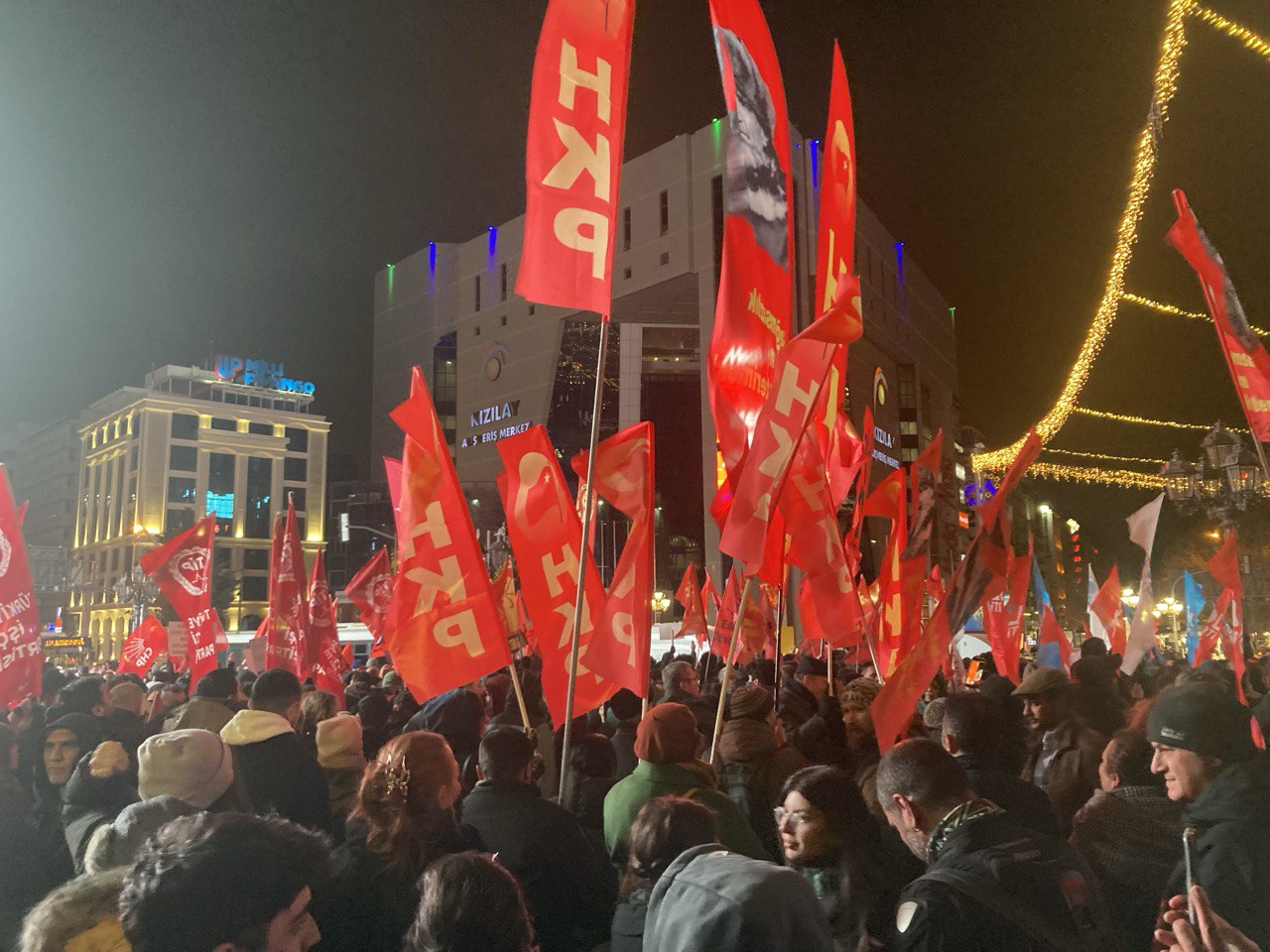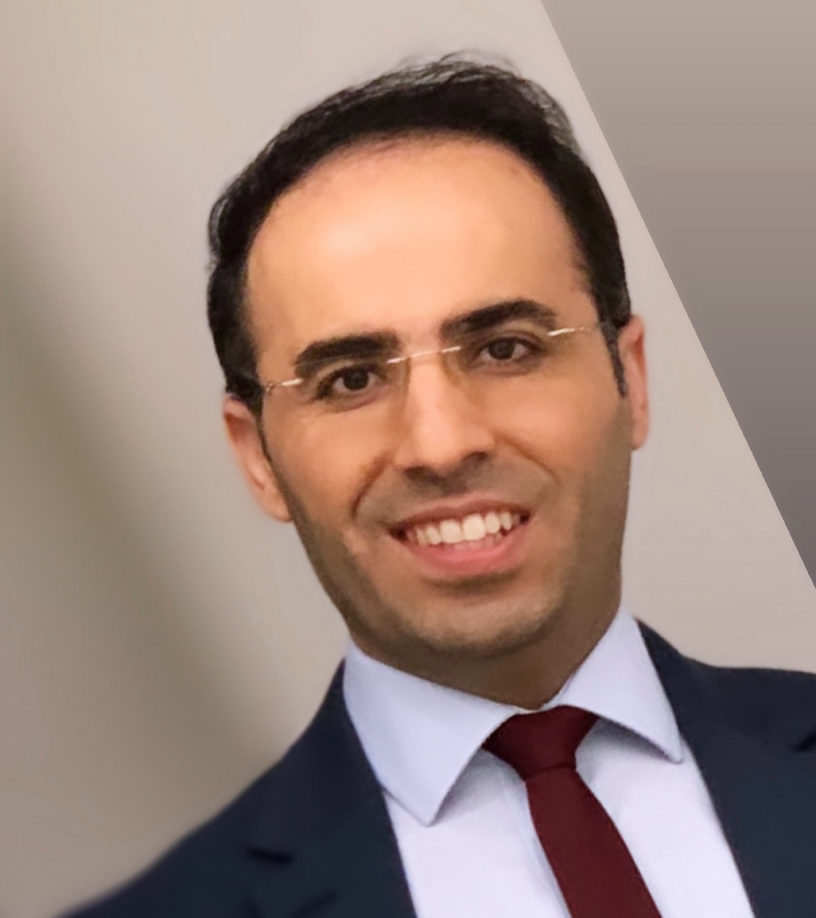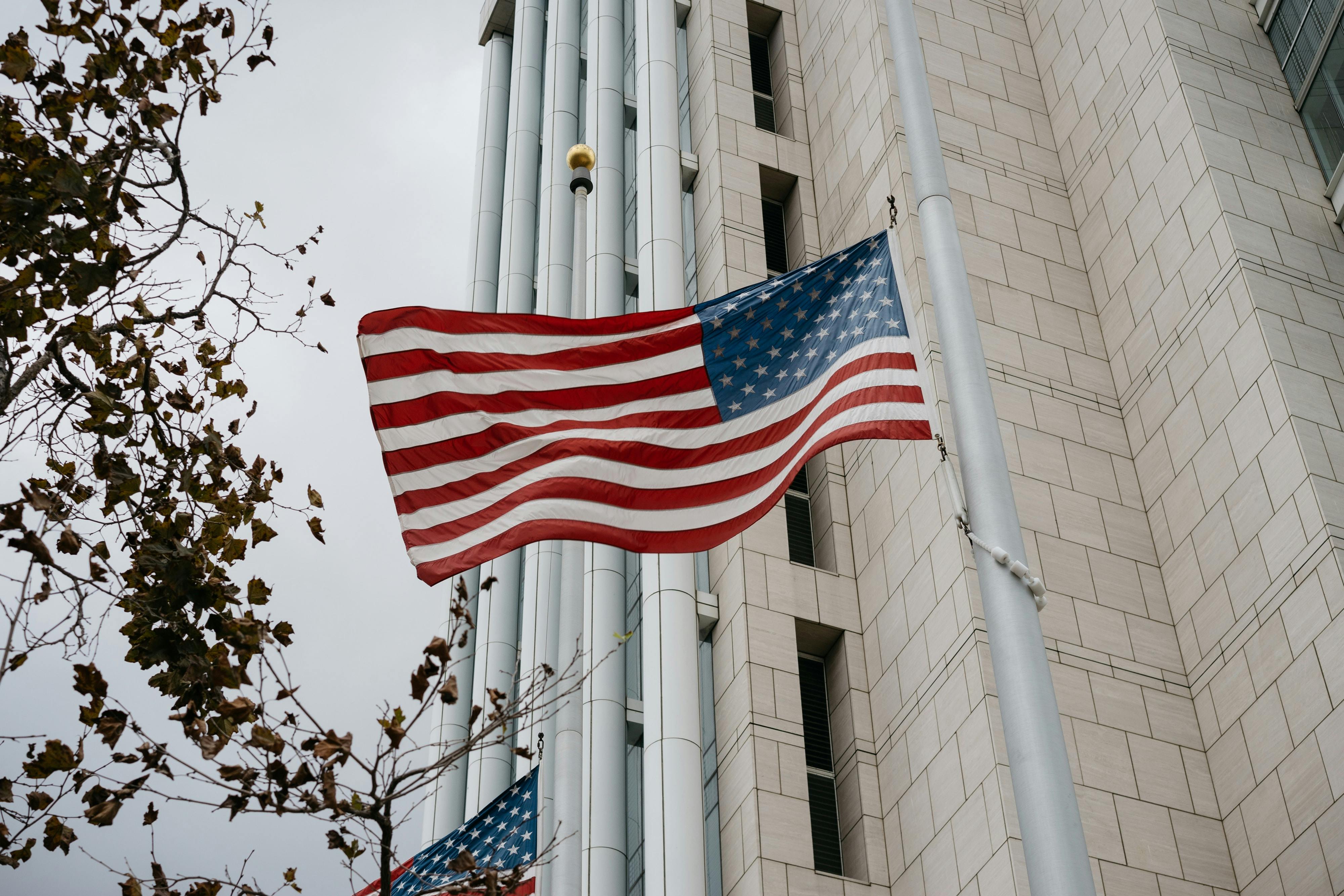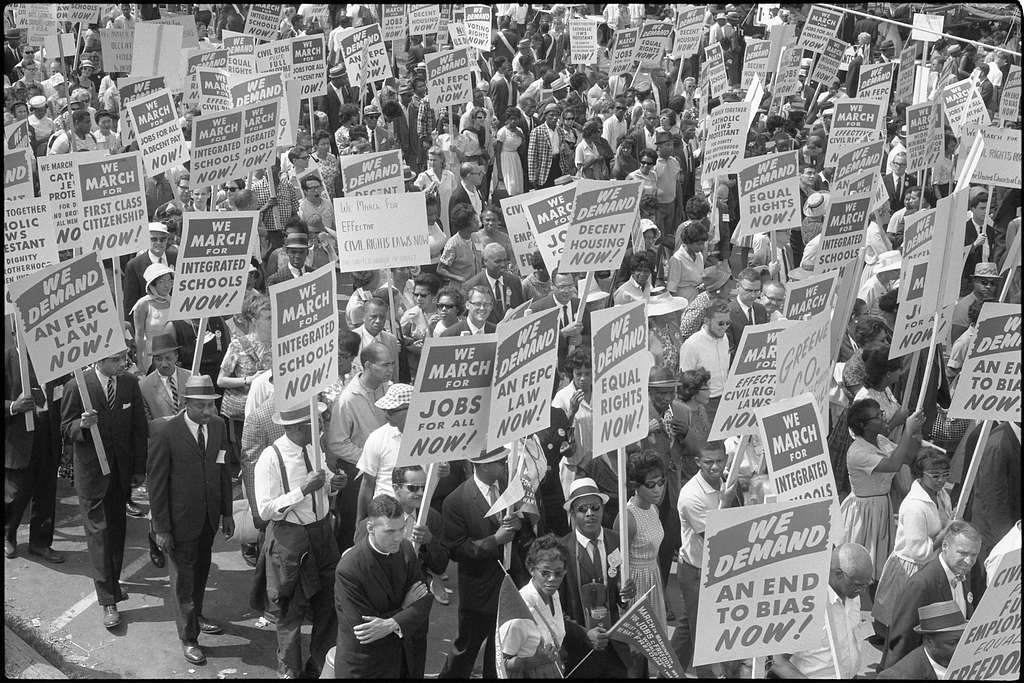Reshaping Turkish Politics: Erdogan’s Bet on a Kurdish Opposition?
Erdoğan is preparing to sideline the CHP and replace it with another party.

Turkey’s political landscape has shifted significantly in the past six months—from renewed overtures toward the Kurds to imprisoned Abdullah Öcalan’s call for the disarmament of the Kurdistan Workers’ Party (PKK). Perhaps most striking is the jailing of Istanbul Mayor Ekrem İmamoğlu, a key figure in the opposition Republican People’s Party (CHP) and the main rival who can challenge President Recep Tayyip Erdoğan. These events point to a deeper strategic realignment in Turkish politics. Erdoğan is preparing to sideline the CHP and replace it with another party.
Since its founding by Mustafa Kemal (Atatürk) in 1923, the CHP has played a central role in shaping Turkey’s nationalist policies, including the systematic denial of Kurdish identity, Kurdistan, and the suppression of Kurdish political aspirations. Successive governments—regardless of ideology—have exploited anti-Kurdish sentiment to rally nationalist support and maintain power. But the CHP now faces a dilemma: If it hopes to win the 2028 general elections, it must secure Kurdish votes. In fact, İmamoğlu owes his victory in the 2019 and 2024 Istanbul mayoral elections in part to Kurdish voters persuaded by the pro-Kurdish Peoples’ Equality and Democracy Party (DEM), underscoring their growing influence in Turkish politics. It’s important to note that the Kurds have a long and complicated history in Turkey. Most of the Kurdish residents in Istanbul were forcibly evacuated from more than 3,000 Kurdish villages in the eastern and southeastern regions in the 1990s by the Turkish state to dilute Kurdish presence.
Erdoğan and his ruling Justice and Development Party (AKP) also recognize the strategic importance of the Kurdish vote. However, his closest ally, the ultranationalist Nationalist Movement Party (MHP), has lost the ability to effectively stir nationalist fervor, having become complicit in Erdoğan’s consolidation of power and undermining its credibility. For Erdoğan to extend his rule beyond 2028, he needs a controlled opposition that can fragment the anti-Erdoğan/AKP vote without threatening his grip on power. DEM could serve this role.
Crucially, DEM endorsed Abdullah Öcalan’s Feb. 27 call for PKK disarmament—an announcement that followed a handshake between an MHP leader, Devlet Bahçeli, and DEM’s co-chair, Tuncer Bakırhan, in October 2024. This suggests that Erdoğan is fostering a rapprochement between the state and the pro-Kurdish party, potentially positioning DEM as a state-sanctioned opposition to serve his own strategic interests. This maneuver aims to create divisions between CHP and DEM, further weakening the broader opposition against Erdoğan.
Erdoğan sees DEM as a more manageable opposition compared to CHP because it lacks the broad national appeal and institutional strength of the CHP. While the pro-Kurdish party has a strong base in the Kurdish majority regions and among Kurds in Istanbul and Ankara, its influence remains geographically and demographically limited, making it less likely to pose a direct challenge to Erdoğan’s rule. By subtly legitimizing DEM and allowing it to operate within a controlled political space, Erdoğan can present a façade of democratic pluralism while ensuring that the opposition remains fragmented.
Unlike CHP, which has a long-established political network, DEM is more vulnerable to state pressure. Formerly known as the Peoples’ Democratic Party (HDP), DEM has navigated Turkey’s hostile political climate by rebranding itself multiple times. It entered the 2023 elections under the Green Left Party banner to evade potential closure, then rebranded as the Peoples’ Equality and Democratic Party and then DEM in October 2023. Despite sustained repression—including mass arrests of candidates and the ongoing removal of elected Kurdish mayors—it has maintained a presence in parliament and local governments, reclaiming Kurdish-majority municipalities in 2014, 2019, and 2024. The party’s previous experiences with arrests and party bans have made it more cautious and pragmatic in its dealings with the government. Erdoğan can exploit this by offering limited concessions—such as selective cultural rights or reduced political repression—to maintain the party’s cooperation without allowing it to grow strong enough to mount a real challenge. While DEM has served as a voice for the Kurds, its influence in the parliament remains limited and inadequate to achieve meaningful political gains for them due to its relatively small number of seats. Erdoğan and the AKP calculate that a weakened but somewhat supported pro-Kurdish opposition could serve their interests by dividing the opposition vote while appearing to embrace a new, more inclusive political stance.
At the same time, the CHP and AKP are both seeking to manipulate Kurdish aspirations for their own electoral gain, evident in their recent outreach to Kurdish voters, including recent Newroz (Kurdish New Year 2725) greetings. This competition underscores the central role the Kurdish electorate will play in shaping Turkey’s political future. DEM might see this option as a chance to gain some political rights. However, there is a risk that DEM could become a co-opted or “loyal opposition,” serving as a controlled outlet for Kurdish grievances without posing a real threat to Erdoğan’s grip on power. By engaging in dialogue with DEM while simultaneously suppressing Kurdish elements, Erdoğan attempts to neutralize Kurdish political mobilization to benefit his long-term rule.
Erdoğan’s long-term strategy involves sidelining the CHP by empowering DEM, though just enough to fracture the opposition without threatening his rule. This is merely another tactical maneuver. The AKP will adjust its course if it perceives that this strategy no longer serves its interests, particularly if Kurdish voters lose trust in DEM for seeming aligned with Erdoğan’s agenda. However, one thing is certain: The Kurds will play a significant role in shaping Turkey’s political trajectory leading up to 2028.





